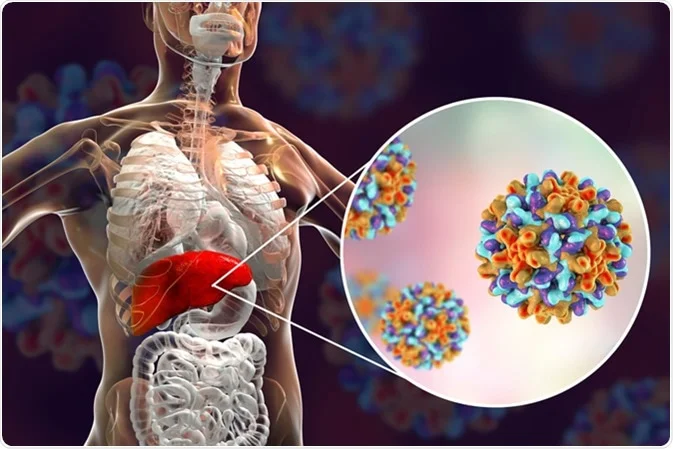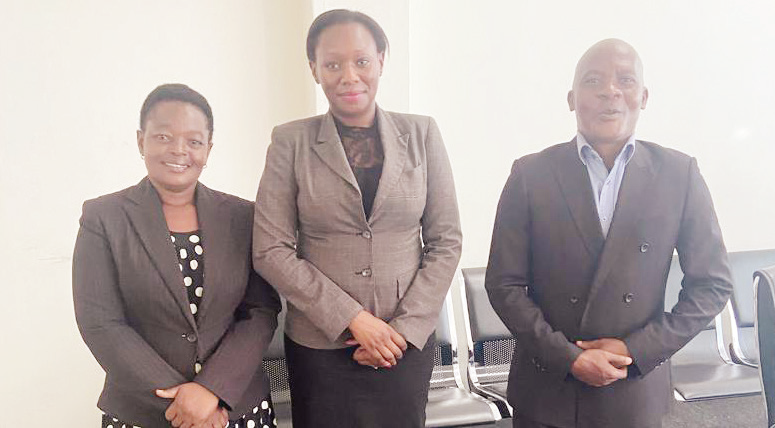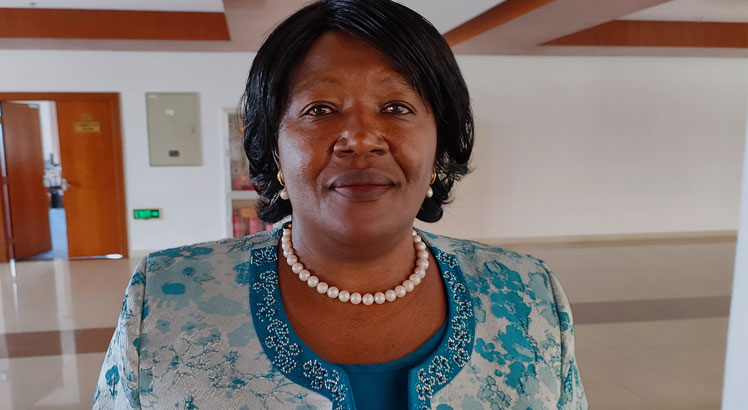Blantyre tops in Hepatitis B—study
A study on Hepatitis B conducted by the Malawi Liverpool Wellcome Trust (MLWT) in Ndirande Township in Blantyre between 2016-2018 found 300 adults out of 6 000 or 5 percent with hepatitis B which causes liver damage and cancer.
In Lilongwe’s Area 25, 42 out of 1 158 people or 3.6 percent tested positive to Hepatitis B in a similar study done by Malawi Epidemology and Intervention Research Unit between September 2022 and May 2023 while in Karonga, 134 people tested positive to Hepatitis B out of 3 148 or 4.2 percent who were tested between November 2021 and June 2022.

In his presentation at a day-long 3rd annual conference on liver disease in Lilongwe on Thursday, a senior clinical lecturer who is also a consultant in infectious diseases at MLWT Alexander Stockdale said patients with liver cancer present themselves to hospitals very late.
According to Stockdale men aged 30-40 and HIV positive people have the highest rates of Hepatitis B adding that although the prevalence is low among children born since the infant vaccine started in 2002, there is still transmission happening.
Said Stockdale: “The new guidelines recommend for the first time that all Hepatitis B pregnant women should take anti-viral treatment to reduce their risk of transmission to their infants. This together with the vaccine which should start at birth will lower the rate of transmission by over 90 percent from mother to child.”
In his address, Principal Secretary in the Ministry of Health Benson Chisamile said that despite the country achieving significant progress to combat Hepatitis disease, funding constraints and lack of diagnostic equipment and medicines still remains a challenge.
The PS among others cited the efforts which commenced in 2018 to integrate viral Hepatitis using public health approach to programming with HIV prevention, diagnosis, care and treatment.
He added that the country has created an enabling policy environment for the prevention and management of Viral Hepatitis B and C among high risk and priority populations such as health workers, pregnant and breastfeeding women.
Said Chisamile: “Malawi is also committed to provide policy direction for diagnosis of advanced liver disease, management of cancer including palliative care and to create a conductive environment for research that can positively contribute to improved service delivery.”
In her remarks, World Health Organisation (WHO) Malawi country representative Neema Rusibamayila Kimambo observed that if current infection trends continue, the disease could kill more people than malaria, tuberculosis, and HIV combined by 2040.
According to her, a 12-week course of medication to cure hepatitis C now costs $60 for low-income countries, down from the original costs of more than $90 000 when first introduced.
Said Kimambo: “However, treatments, currently available, fail to eradicate the virus in most of those treated, potentially necessitating lifelong treatment. In addition, these drugs are not widely available or used in low and medium income countries and therefore timely intervention to prevent the onset of advanced liver disease does not occur.”
Kimambo also pointed out that WHO remains committed to supporting countries to expand the use of better tools to prevent, diagnose and treat the disease including increasing access to cost-effective curative medication, to save lives and end hepatitis.
The conference was attended by researchers, pharmaceutical company’s representatives, implementers, funders, monitoring and evaluation managers so as to take stock of and drive the agenda on how to eliminate the disease by 2030. n






bahçe makineleri, motorlu testere, motorlu tırpan, çim biçme makinası, budama makası, akülü testere, benzinli testere, ms 170, ms 250,bahçe el aletleri satışını yapan firmamız kredi kartına taksit fırsatları ile şimdi sizlerle.